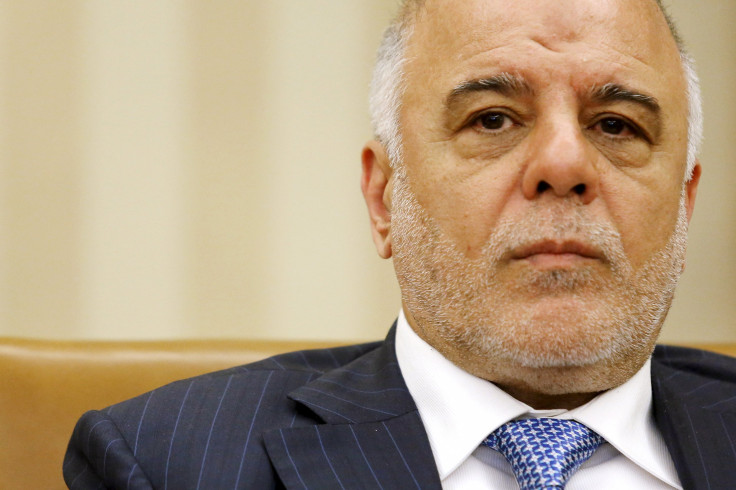Anti-Corruption Protests Lead Iraqi Prime Minister To Eliminate Vice President, Deputy Prime Minister In Reform Effort

Iraqi Prime Minister Haider al-Abadi won the support of his cabinet to pass sweeping reforms aimed at reducing corruption and improving government services, a response to a growing protest movement touched off by a record heat-wave.
The reforms would see the dissolution of several top government posts, including those of vice president and deputy prime minister, which carry significant political privileges.
The proposed reforms come after two consecutive weeks of mass demonstrations in central Baghdad over municipal mismanagement and inadequate government services. As temperatures spiked to more than 120 degrees, Iraqis endured widespread power outages and little relief in sight from authorities.
In their second week the protests grew more political, particularly after the powerful and revered Shiite Muslim cleric Grand Ayatollah Ali al-Sistani lent his support to the protests. Sistani called for the prime minister to "strike with an iron fist" at the entrenched corruption within the government.
Although some aspects of the senior-level shakeup would require parliamentary approval, the plan would immediately reduce the number of guards allotted to top officials and reform the way government positions are filled. Critics have charged the current system is rife with patronage and political favors, with appointments following sectarian lines.
Former Prime Minister Nouri al-Maliki, now one of three vice presidents, voiced support for the reforms Sunday, giving a crucial green light to the wide-ranging effort.
I renew my position in support of #reforms required by the #politicalprocess guided by the supreme religious authority to @HaiderAlAbadi
— Nouri Al-Maliki (@nourialmalikiiq) August 9, 2015
Prime Minister al-Abadi faces an increasingly tenuous grip on power, as Iraq's military battles an insurgency in the north by the self-proclaimed Islamic State group, which took control of vast swaths of the country last summer. Abadi has attempted to shore up political cohesion to counter the threat posed by the rebels, who still control key Iraqi cities, including Mosul and Ramadi.
© Copyright IBTimes 2024. All rights reserved.





















